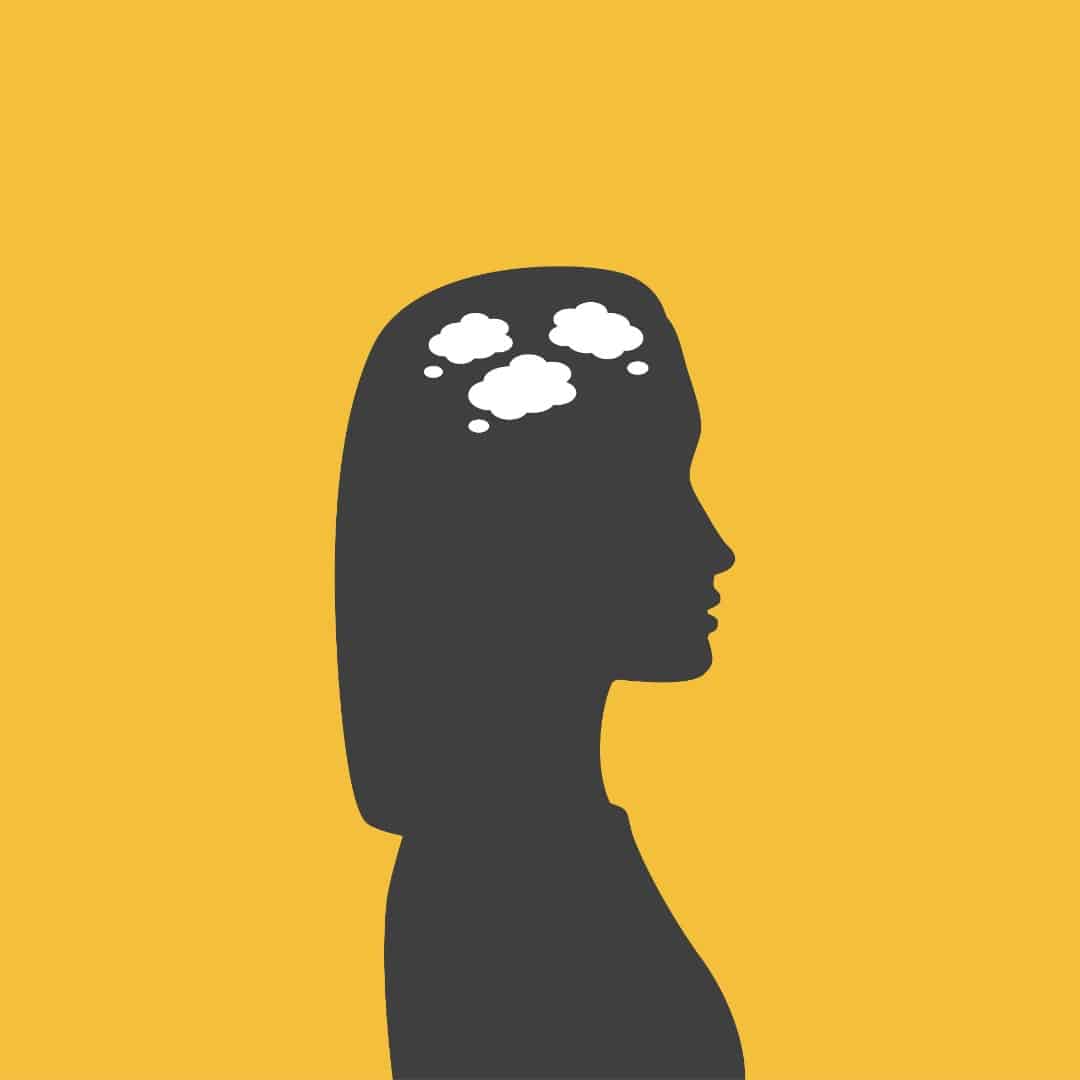We all remember the sidewalk scene from As Good as it Gets, don’t we? Jack Nicolson stepping over cracks, begging people not to touch him as he makes his way down the street.
Though its portrayal of the details of OCD is not all-encompassing, and the story definitely relies on stereotypes of the condition, it is an endearing movie that made us all fall in love with Melvin as he falls in love with Carroll.
But what does OCD look like for people in real life? And can OCD cause other problems, like eating disorders? We’ll take a look a look at these questions today (and maybe cue up the movie for a first-watch-in-decades tonight)
What is OCD?
OCD stands for obsessive-compulsive disorder, which defines the push and pull characteristics found in this diagnosis. A person with OCD may deal with overwhelming obsessions, compulsions, or both. (1)
Obsessions control a person’s thoughts in a way that is disruptive to regular life.
Compulsions control a person’s behaviors in a way that is disruptive to regular life.
Both obsessions and compulsions feel out of the realm of control for a person with OCD, and treatment is necessary to help them regain a sense of control again.
How Does OCD Relate to Eating Disorders?
While OCD and eating disorders have different causes, motivations and outcomes, you can probably see a similar thread that runs through them.
For many people with eating disorders, both a disruptive thought and a disruptive behavior exist. With anorexia and bulimia, for example, a person may focus obsessively on body image and then determine to change that body image through extreme dieting or purging.
Research corroborates these similarities. (2) But, of course, similarities do not show cause. And these commonalities can sometimes make it tricky to distinguish between OCD and an eating disorder.
That’s why it’s always best to talk with a professional instead of trying to self-diagnose.
Can OCD Lead to an Eating Disorder?
But what if you know you or a loved one suffer from OCD wonder if those tendencies could eventually lead to an eating disorder?
Studies show us that eating disorders often run hand-in-hand with other mental health issues. More than 65% of people with eating disorders have a co-occurring anxiety disorder, with the most common one being OCD. Sometimes the OCD comes first, and sometimes the eating disorder comes first.
Women, in particular, are at an elevated risk of developing an eating disorder if they suffered from OCD as a child. (1)
One way that you may be able to recognize OCD leading to an eating disorder is to examine your thoughts regarding your body and your reaction to those thoughts. With OCD, you may have unwanted thoughts that harshly judge your size or weight, but you should also recognize them as unwanted. If these thoughts lead to an eating disorder, you may find that those negative thoughts are more acceptable to you than they used to be. (1)
This can serve as a red flag warning that it’s time to get help. We’re just a phone call away. You can reach out to us today at 205-409-4220 or complete our contact form.
Sources:
- https://www.verywellmind.com/obsessive-compulsive-disorder-and-eating-disorders-1138191
- https://www.ncbi.nlm.nih.gov/pmc/articles/PMC3618658/
- https://iocdf.org/expert-opinions/expert-opinion-eating-disorders-and-ocd/




